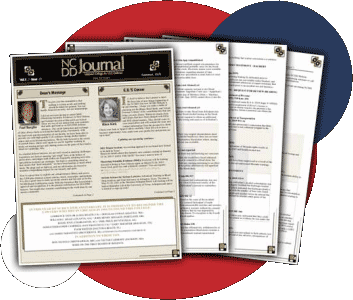- The ABA’s Concise Guide to Lawyer Specialty Certification
- Benefits to Become Board Certified - ABA Video
- Board Certified Members
- How to Become Board Certified in DUI Defense Law
- Apply for Certification
- Apply for Re-Certification Renewal
- Board Certified Senior Specialist
- Rules Governing Board Certification
- Preparing for the Exam

Mimi Coffey
NCDD Board Certified Lawyer of 28 years
The Coffey Firm
4700 Airport Freeway
Fort Worth, TX 76117
Phone: 817-831-3100
Website: mimicoffey.com







About Mimi Coffey
Mimi Coffey, of The Coffey Firm, has offices in both Ft. Worth and Dallas, Texas. She has practiced law for 28 years. She is board certified in DWI by the NCDD. She is a Regent of the NCDD. She is co-author of Texas DWI Defense- The Law and Practice. Her articles have been published in The Champion and The Voice. She serves on the Texas State Bar Jury Service Committee and is on the Texas Tech School of Law Foundation Board. She has offices in both Fort Worth and Dallas serving the North Texas metroplex.
Contact Mimi Coffey
Provide some details about your situation, but remember not to include sensitive information. An attorney-client relationship is only formed once an attorney formally agrees to represent you.
Find an Attorney
Enter your city, state, or Zip code below to locate a qualified attorney who has demonstrated a commitment to defend those accused of DUI and related crimes.
FROM OUR BLOG
Ethics Task Force Blog
04/15/2025
Written by Jonathan Dichter The Heart of Client Care: Moving Beyond Case Management In the legal profession, we often talk about "case management" - the systems and processes that keep our cases moving efficiently. But what about *client care*? True client care goes beyond deadlines and filings; it's about treating clients as *people*-scared, uncertain, and in need of guidance. And when done...
Personal Contact: Using the Officer's Observations Against Them
03/10/2025
Written by Charles GoodwinEdited by Michelle Behan and Steven Hernandez The typical DUI investigation has three phases. It begins with the vehicle in motion and focuses on driving patterns that officers are trained might indicate impairment. Next is personal contact, where the officer will observe physical manifestations that are also purportedly correlated with alcohol ingestion and impairment. Finally, the officer will...





